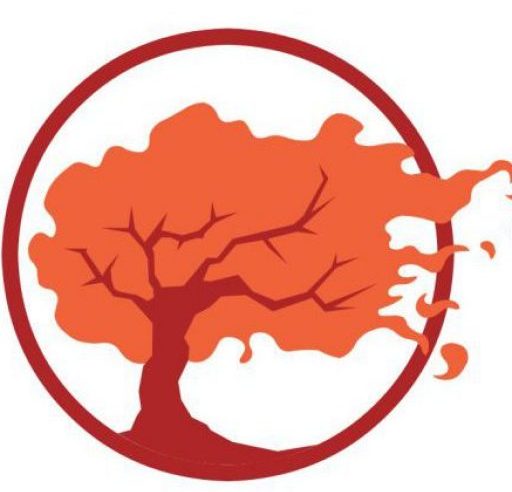In Carson McCullers’ story, “A Tree, A Rock, A Cloud”, a man in a diner tells a young paper boy that his wife who has run off had been “like an assembly line for [his] soul.” At its most basic, writing is that for me. It is the thing that drives me, that has traveled with me from the projects in Brooklyn, that allows everything that has happened in my life to have purpose, to be of use.
I started as a poet, without ordinary language for what I had experienced—but I am now working mainly as a fiction writer. Part of what made me a poet was my early experiences and the silences of family who had survived historical trauma and rupture, and the accompanying return to a state of intense emotion and to mystery. I came to rely upon a rush of language that split things and categories open with its music, its turns and quirks, for relief and for sense that made some kind of constellation of the disconnection I lived with. Part of what made me a poet was anguish at the world, the desire for liberation, for me and for those whose imprisonment I came to learn about. But another profoundly important thing which made me a poet, a hopeful speaker of bursts of truth and of beauty, was the very mundane fact of poverty, and then the pressure of years of working many hours for very little at things that deadened and exhausted, and left little time for work of the spirit, for art and expression, yet still an intense desire for the freedom such expression embodies and releases.
For years I wanted to write fiction and believed that I couldn’t. I saw as enormous obstacles many of the things that I see now are strengths. I thought that a poet could never gain entry into the world of fiction, and now I understand that training as a poet can yield much for writing fiction: an ear for the music of language; a sense of voice that supports the development of character and dialogue; an ability to compress, to show the essential quickly; training in the power of the image; and a natural connection to the workings of metaphor and association, which any story needs in order to be more than a pile-up of events or a purely plot-driven work.
Poetry trains us for arrival at the line that integrates the meaning of the whole work, as some stories do; poetry develops the ability to bend time, trains the eye for observation, and pushes the writer to journey into language blossoming from the deepest strata of being. I once thought that I had only a series of hesitating, truncated recitals full of silence, that which made up my family history—no detailed, gloriously spun stories of revered ancestors, of distinct people each with their own personalities and histories. I once thought this meant that I could not tell a full story; I could not be a fiction writer.
Some experiences and even some lives seemed more about fragmentation and forgetting than about story. Since so much had fled from my memory about growing up, and because I had learned to dissociate wildly, I could only see myself as without story, having only cry but no narrative, only song but no place to sing it.
Tell what you know, people said, root your story in place. I knew silence, chaos, forgetting and flight. I lived there. But what I realized in becoming a fiction writer is twofold: the empty spaces in one’s story call for being told, being imagined more fully and told; and, the world is coming to recognize that stories come not only from those rooted in place and culture and the full presence of the generations, but from the great many people in flight and in exile, who are crossing borders constantly, whose stories are rent by displacement, and whose stories of that displacement must be heard by the world that continues to allow it.
I figured out that disruption of story is in itself a story. I did have stories to tell of lives and events both real and imagined. I still love working with writers individually on their poems, and use poetry in all my teaching, although I am currently and I believe enduringly fascinated by story and character, whether fiction or nonfiction, and teaching regular classes and critique groups focused on the essential elements of story.
My struggles have given me a vivid sense of how I come to writing, how writing comes to me, and how to help open those doors for others.
When someone comes to me with their gifts and their fears, their hopes and their often terrible and flattening experiences being a “student”, a “patient”, a “client”, a child, anything but a peer in an exciting and fertile exchange, my own negative experiences tell me to remember that this work is a wonder, the work of helping to bring forward the voice, the music, the deepest concerns, the pleasure in the language, the gift so often buried, but suspected and felt. It is as if the bearer of this gift is living with an invisible presence, that of another time, another being, a voice in the ear (“O Orpheus sings, O tall tree in the ear,” as Rilke says), and asks that we work on the map that can lead them to full encounter with this presence. What a wonderful time I have had with so many people of all ages and backgrounds, doing this work of discovery with them, connecting them to the stream of writing that is infinite, working to help shape it in ways that hold even more than meaning, even more than beauty.
